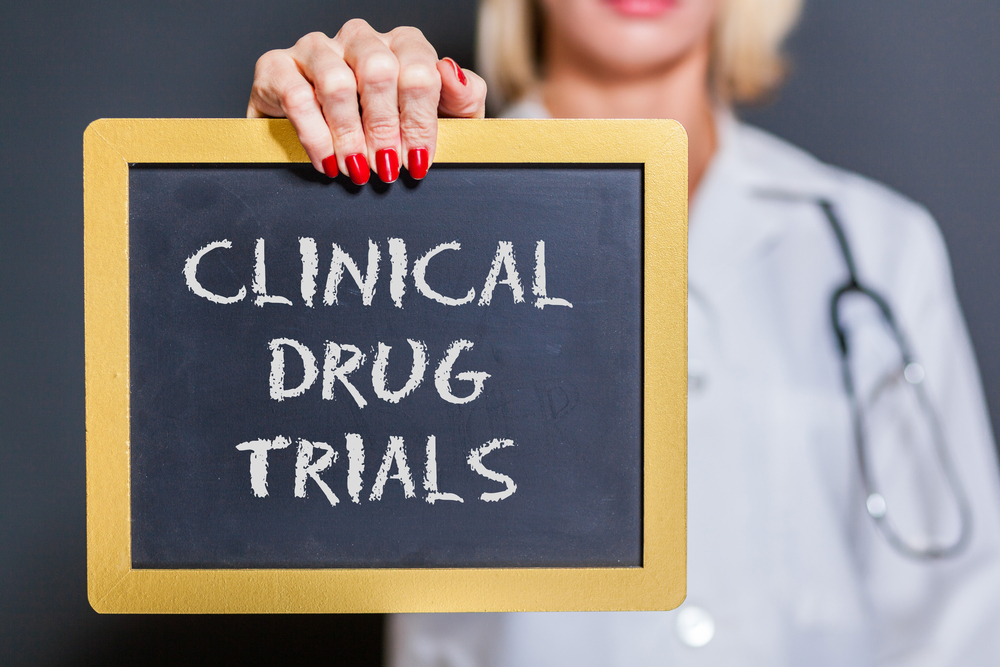Solid Biosciences Readies Clinical Trial of SGT-001, a Potential Duchenne MD Gene Therapy
Written by |

Solid Biosciences announced the pending start of a first clinical trial to test the company’s leading investigational therapy – called SGT-001, a microdystrophin gene transfer candidate, as a potential treatment for Duchenne muscular dystrophy (DMD).
The Phase 1/2 trial, called IGNITE DMD, will soon open for patient enrollment in the United States.
“For more than three years, we’ve been working on a preclinical package and scalable manufacturing process for SGT-001 that would allow us to responsibly move into the clinic,” Ilan Ganot, founder and chief executive officer of Solid Biosciences, said in a press release.
“This work, as well as decades of research by our scientific advisors and insight from the DMD community, helped us design a clinical trial that will efficiently characterize the safety and efficacy of SGT-001 in both ambulatory and non-ambulatory patients, regardless of their underlying genetic mutation.”
Directed to ambulatory and non-ambulatory adolescents and children with DMD — ages 4 to 17 — IGNITE DMD will randomized patients to single, ascending doses of SGT-001 administered intravenously.
Its primary goal is to evaluate the therapy’s safety and efficacy, and plans are to enroll between 16 to 32 DMD patients. Researchers will measure several parameters, including muscle function and mass, and patients’ respiratory and cardiovascular function. They will also analyse biomarkers in the blood and muscle linked to microdystrophin production and patients’ reported outcomes.
Trial participants will be randomized to one of two groups, an active therapy group or a delayed therapy control group. Those in the control group are entitled to the active treatment after 12 months if they continue to meet the study’s treatment criteria.
Previous preclinical studies showed that SGT-001 improved muscle activity in dogs with DMD.
The clinical program for SGT-001 began after the U.S. Food and Drug Administration (FDA) cleared the company’s Investigational New Drug (IND) application in October, which followed FDA and the European Commission (EC) designating SGT-001 an orphan drug in 2016.
SGT-001 uses an adeno-associated viral (AAV) system to deliver a healthy microdystrophin gene to cells and to overcome their inability to produce enough dystrophin expression in muscles.
A first preliminary analysis of trial results is scheduled for the first half of 2019.
“For more than 20 years, my team has focused our research on understanding the potential of microdystrophin in DMD and optimizing a construct that we believe will provide the most benefit for patients,” said Dr. Jeffrey Chamberlain, a professor at the University of Washington.
“I’m pleased to see Solid advance the most compelling of constructs into clinical studies. I believe we are now at an inflection point where, if successful, SGT-001 should represent an innovative new way of treating patients with this devastating disease,” added Chamberlain, who is also the director of the Senator Paul D. Wellstone Muscular Dystrophy Cooperative Research Center.
The research that led to SGT-001 was developed in the labs of Dr. Dongsheng Duan of the University of Missouri and Chamberlain at the University of Washington.





